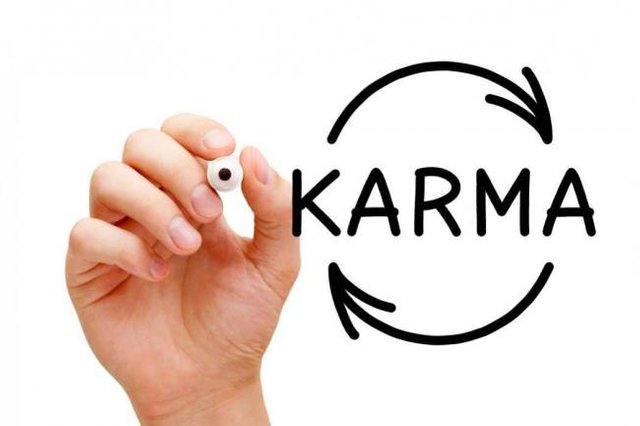The laws of Karma and Dharma
Any act, good or bad, has its consequence. If we practice good the consequence will be good for us, if we have a bad behavior the consequences will be bad too.
There is no action without cause or cause without action.
And to judge our actions there exists in the superior worlds the Court of Divine Justice, which we also call Divine Law, and it is composed of superior beings, teachers of awakened conscience, whose function is to weigh our good and bad actions and apply in a just way a sentence, the consequence of our actions.
- The Court of Divine Justice.
This court is governed by Anúbis and his 42 judges.
In the pyramids of Egypt several illustrations of the Court of Divine Justice were found.
In these illustrations the regent Anúbis is represented by a man with the head of a jackal and the 42 judges are symbolized by different animals.
The Divine Law is based on justice and mercy. Justice without mercy is tyranny. Mercy without justice is tolerant and complacent with crime.
If by weighing our actions on a scale, the plate of good deeds is heavier the result will be a Dharma, which is a reward for the good deeds we perform.
The word Dharma (from the Sanskrit Dharma) also means reality or even virtue.

If the opposite occurs, if the plate of the bad actions is heavier the result will be a Karma for us, that is, suffering, pain, adversities, etc.
The Sanskrit word Karma means action. We can understand it as action and consequence.
Before the Divine Law when two people are sexually united they are married in the internal worlds (independently of being married by physical laws.)
Therefore, if the person has more than one sexual partner in a certain period of time (less than a year), that person commits adultery and throws a Karma on their backs.
When two people join sexually, because they are internally married, their Karmas add up and become common to both.
And if one of those people has another sexual relationship with a third person, the latter will have the karmas of the three.
Knowing that we can then get an idea of how the karmic situation of humanity is serious.
Business.

As it was said before the bases of the Divine Law are justice and mercy. That means that, no matter how hard our karma may seem, we can pay for it with good deeds and then we will not need to suffer.
- "When a lower law is transcended by a higher law, the higher law washes away the lower law."
- "Do good deeds so that you pay your debts. The lion of the law is fought with the balance. "
- "Who has what to pay for, pay and do well in their businesses; who does not have what to pay with pain.
If we place the good works in the dish of the cosmic balance and in the bad ones, it is evident that the Karma will depend on which dish will be heavier. We are all great debtors, either due to our actions in this or in past existences.
That is why it is urgent that we change our daily behavior.
Instead of complaining about having difficulties, we should worry about helping others.
Instead of protesting to be sick, we must give medicines to those who can not buy them, take to the doctor those who can not go, etc.
Instead of complaining about the people who slander us, we must learn to see the point of view of others and leave once and for all the slander, intrigues, claims, etc.
Our karma can be forgiven, we eliminate the cause of our mistakes, our anger, our envy, our pride, etc.
The cause of our mistakes and therefore of our suffering is the ego, our psychological defects.
The ego is what makes us unhappy, wicked and unhappy. The world would be a paradise if people removed from themselves these inhuman abominations.
It is not possible to have a challenging behavior if we are controlled by psychological defects.
As we go eliminating our own defects the karma referring to this or that defect is being forgiven. This is mercy.
We should never protest against our karmic situation, because that will only aggravate it.

Hola @jesusaru13, interesante tema, gracias por compartir, definitivamente cada acto trae sus consecuencias y debemos hacernos responsables y conscientes de ello, en este sentido y aprovechando que paso por acá quiero informarte sobre el adecuado uso de la etiqueta spanish la cual solo la utilizamos cuando nuestro post esta total o parcialmente escrito en español y el tag meme para expresar un concepto con carácter humorístico, ademas recuerda que las imágenes deben tener su fuente. Espero que estos aportes te ayuden y cualquier duda que tengas estamos a la orden☺ ¡Saludos!